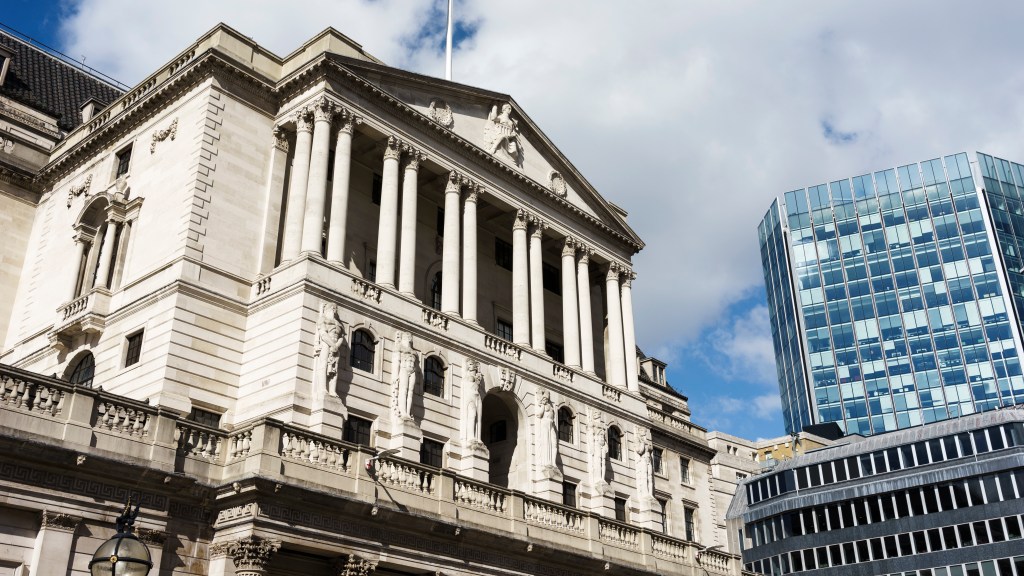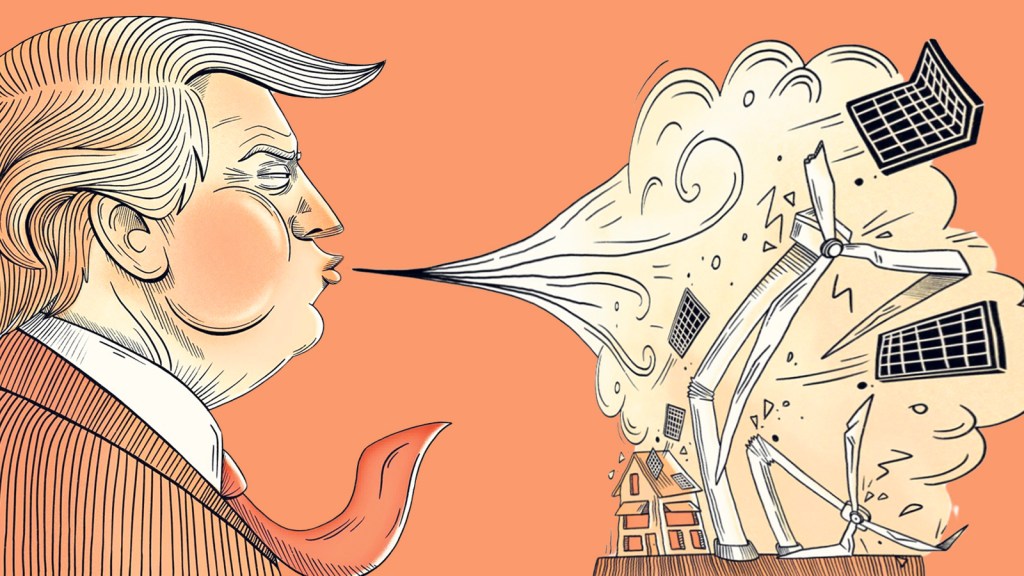Impact of Rising Inflation on Savings and Mortgage Rates
Inflation has unexpectedly spiked, reaching the highest mark since January of the previous year. This increase may postpone additional reductions in the base rate by the Bank of England, favoring savers while posing challenges for those with mortgages.
The consumer prices index (CPI) surged to 3.5% in April, an increase from March’s 2.6%. The core CPI, which excludes volatile items like energy and food, also rose from 3.4% to 3.8%, and services inflation escalated from 4.7% to 5.4%.
This sudden uptick in inflation stems from rising bills observed in April, including council tax, water charges, and an increase in the energy price cap that regulates what suppliers can charge for standard deals.
The inflation surge is expected to hinder the Monetary Policy Committee (MPC) of the Bank of England from further interest rate cuts during their upcoming meeting on June 19. Increased interest rates typically serve to curb spending and borrowing, potentially controlling inflation.
The Bank’s rate has seen four reductions, dropping from 5.25% in July 2024 to 4.25% this month. In March, the Office for Budget Responsibility predicted a decline in interest rates to 3.8% by mid-2026.
Daniel Casali, chief investment strategist at Evelyn Partners, stated, “If inflation surpasses projections, as the recent figures suggest, the MPC may postpone additional interest rate cuts, especially if the real economy remains steady.” The real economy refers to sectors that produce and sell goods and services rather than the financial market.
Implications for Savers
Inflation can diminish your cash’s purchasing power if your interest earnings do not at least match the rising cost of living—currently, the average easy-access interest rate stands at 2.76%, which is significantly below the new inflation rate. However, there are savings accounts available that offer inflation-busting returns.
For example, an easy-access account from the savings app Chip provides 4.77%, including a 1.42 percentage point bonus for the first 12 months. Nevertheless, it’s important to note that easy-access accounts generally have variable rates, which means your interest can be altered at any time.
For those who require immediate access to their funds, now might be a suitable opportunity to consider transferring some savings into a fixed-rate account, where you can secure a rate and avoid potential future cuts.
The highest rate for a one-year fixed account is offered by Habib Bank Europe, which provides 4.4%, requiring a minimum opening balance of £5,000.
Implications for Mortgage Borrowers
Mortgage rates have consistently decreased as the Bank of England has lowered its rate. According to Moneyfacts, the average two-year mortgage deal is now 5.11%, down from 5.23% a month ago and 5.33% two months prior. Several options are available below 4%. For instance, Nationwide offers a two-year fix at 3.89% and the same rate for a five-year deal, both requiring a 40% deposit and a £999 fee.
Given the current uncertainty, predicting the future trajectory of mortgage rates is challenging. Sarah Coles from Hargreaves Lansdown advises securing a rate now if you’re approaching a remortgage, then reassessing when your current deal expires.
“If rates have decreased again, you can explore better options. If the market is caught unprepared, you’ll have secured a favorable deal,” she added.
Generally, borrowers can lock in a mortgage rate up to six months before their existing mortgage term concludes, allowing them to secure a deal and potentially dodge a higher standard variable rate if rates rise before their renewal date.




Post Comment